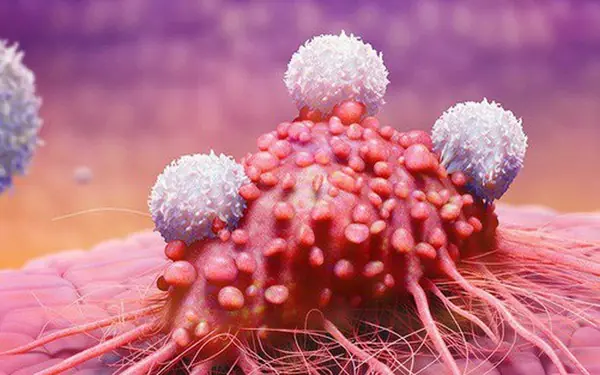
Do Not Ignore These 10 Warning Signs That Your Kidneys May Be In Danger
Do Not Ignore These 10 Warning Signs That Your Kidneys May Be In Danger
The kidneys are vital organs that perform many critical functions, from filtering your blood and removing waste to regulating blood pressure and producing hormones. Because they work tirelessly to keep your body in balance, it's easy to take them for granted—but when they start to fail, the symptoms can be subtle and easy to miss.
Recognizing the early warning signs of kidney disease is crucial. Early detection can help prevent the condition from progressing to kidney failure, which can require dialysis or a transplant. Here are 10 warning signs that your kidneys may be in danger.

The Role of Your Kidneys
Your two bean-shaped kidneys are located on either side of your spine, just below your rib cage. Every day, they filter about 120 to 150 quarts of blood, producing 1-2 quarts of urine to ensure that toxins are removed from the body. Beyond this primary function, your kidneys also:
-
Maintain a healthy balance of electrolytes.
-
Produce hormones that stimulate red blood cell production.
-
Help regulate blood pressure.
-
Support bone health.
10 Warning Signs of Kidney Problems
-
Changes in Urination: This is often one of the first and most noticeable signs. Look for a change in frequency, especially needing to urinate more at night. Other changes can include a foamy or bubbly appearance, which may indicate an excess of protein in the urine.
-
Fatigue and Weakness: Healthy kidneys produce a hormone called erythropoietin (EPO), which tells your bone marrow to create red blood cells. When kidney function declines, EPO production drops, leading to a lack of red blood cells (anemia) and causing profound weakness and exhaustion.
-
Swelling (Edema): The kidneys are responsible for filtering out excess fluid. When they can't do this effectively, fluid builds up in the body, causing swelling in your legs, ankles, hands, face, or abdomen.
-
Persistent Back Pain: While not always kidney-related, a dull, persistent pain in your lower back, particularly on one side, can be a sign of a kidney issue like a kidney infection or kidney stones.
-
Loss of Appetite or Unexplained Weight Loss: A buildup of waste products in the blood, a condition called uremia, can lead to a reduced appetite and a feeling of being full even after eating very little.
-
Nausea and Vomiting: As toxins accumulate in your bloodstream, you may feel persistently nauseous or experience vomiting, especially in the morning.
-
Difficulty Sleeping: Kidney disease can interfere with sleep patterns. The buildup of toxins and the potential for restless legs syndrome can make it difficult to fall asleep and stay asleep.
-
A Metallic Taste in the Mouth: When waste products build up, they can alter your sense of taste, causing a metallic or ammonia-like flavor in your mouth. This is a common symptom of uremia.
-
Muscle Cramps and Twitching: An imbalance in electrolytes, such as low calcium and high phosphorus levels, can lead to severe muscle cramps and twitching.
-
Itchy Skin: The accumulation of waste and mineral imbalances can cause intense, widespread itching that is not relieved by scratching.
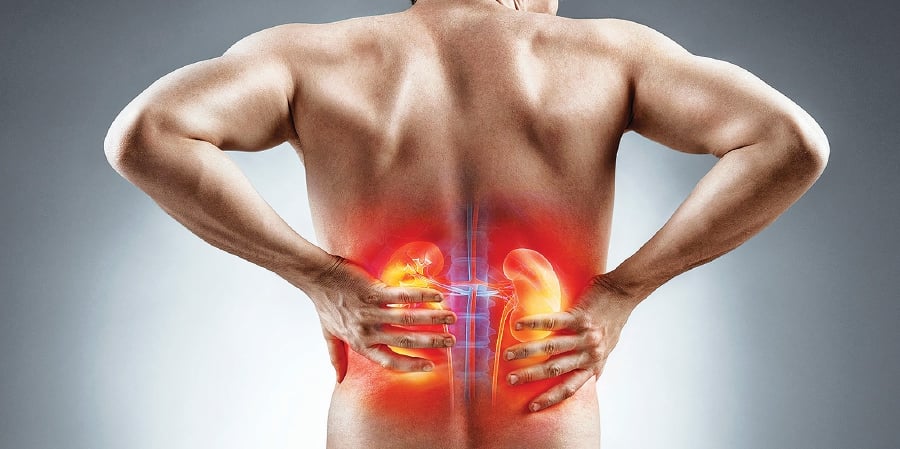
How to Protect Your Kidneys
While some risk factors for kidney disease, such as genetics, are out of your control, you can take steps to reduce your risk:
-
Manage Chronic Conditions: Keep conditions like diabetes and high blood pressure under control, as they are the two leading causes of kidney disease.
-
Stay Hydrated: Drink plenty of water throughout the day.
-
Eat a Healthy Diet: Reduce your intake of salt and processed foods.
-
Exercise Regularly: Maintain a healthy weight and lifestyle.
-
Be Careful with Medications: Avoid overusing NSAIDs (nonsteroidal anti-inflammatory drugs) and other medications that can be hard on the kidneys.
When to See a Doctor
If you notice any of these warning signs, it’s important not to ignore them. Consult your healthcare provider for a thorough evaluation. They can perform simple urine and blood tests to check your kidney function and recommend a course of action. Early detection and intervention are key to preventing further damage and preserving your kidney health for years to come.
News in the same category

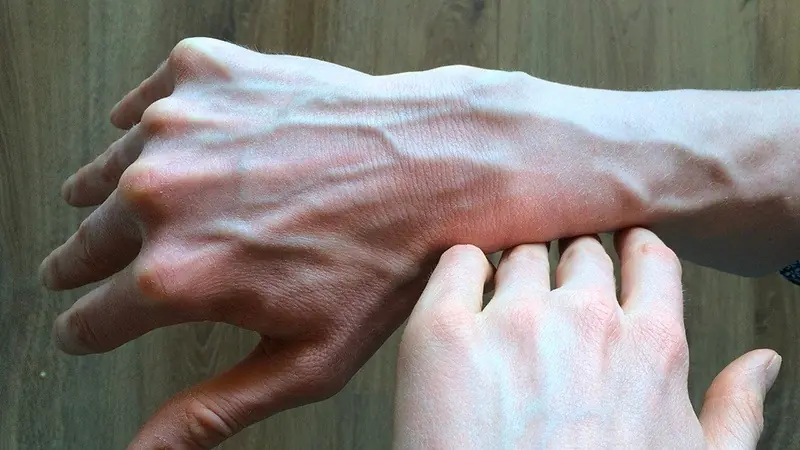
If You See Someone with Prominent Green Veins, Make Sure to Tell Them This – It Could Save Their Life
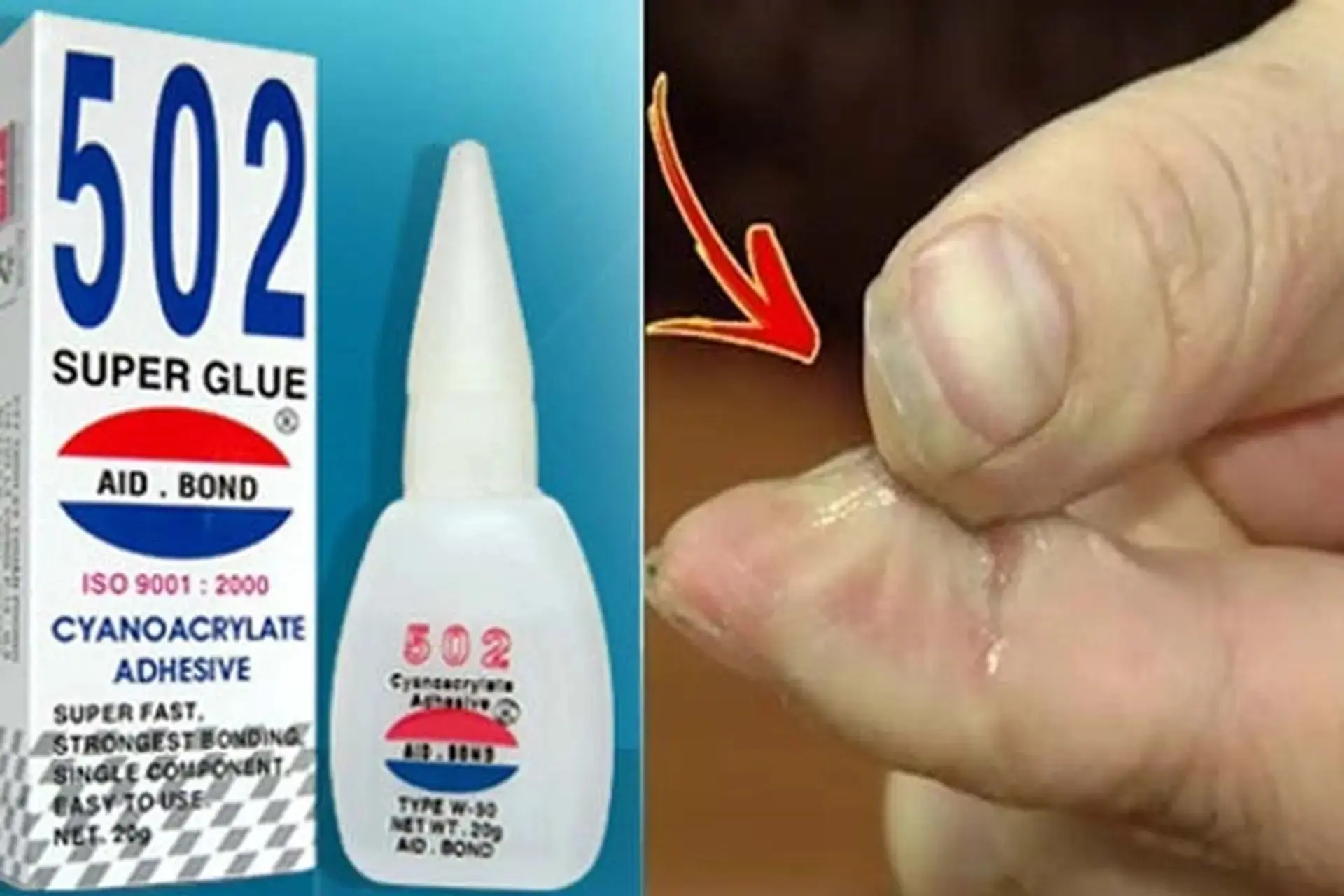
How to Safely Remove Super Glue (502) from Your Skin Without Tearing It
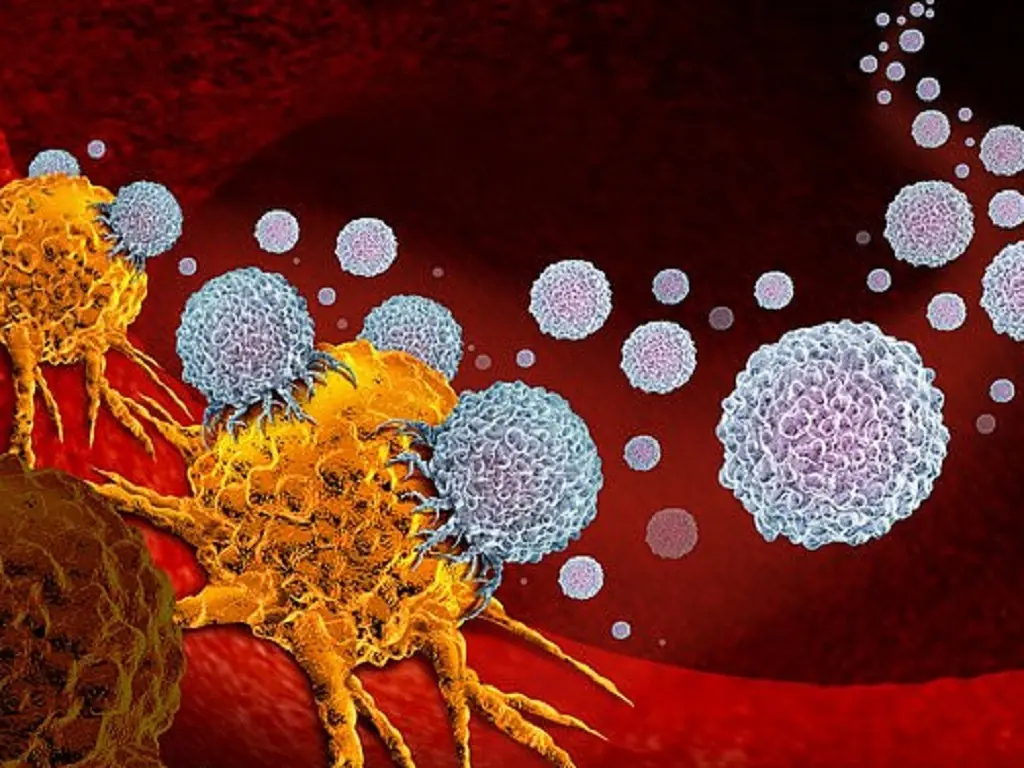
3 Unusual Signs in the Neck That Could Be Symptoms of Cancer – Don’t Ignore Them!
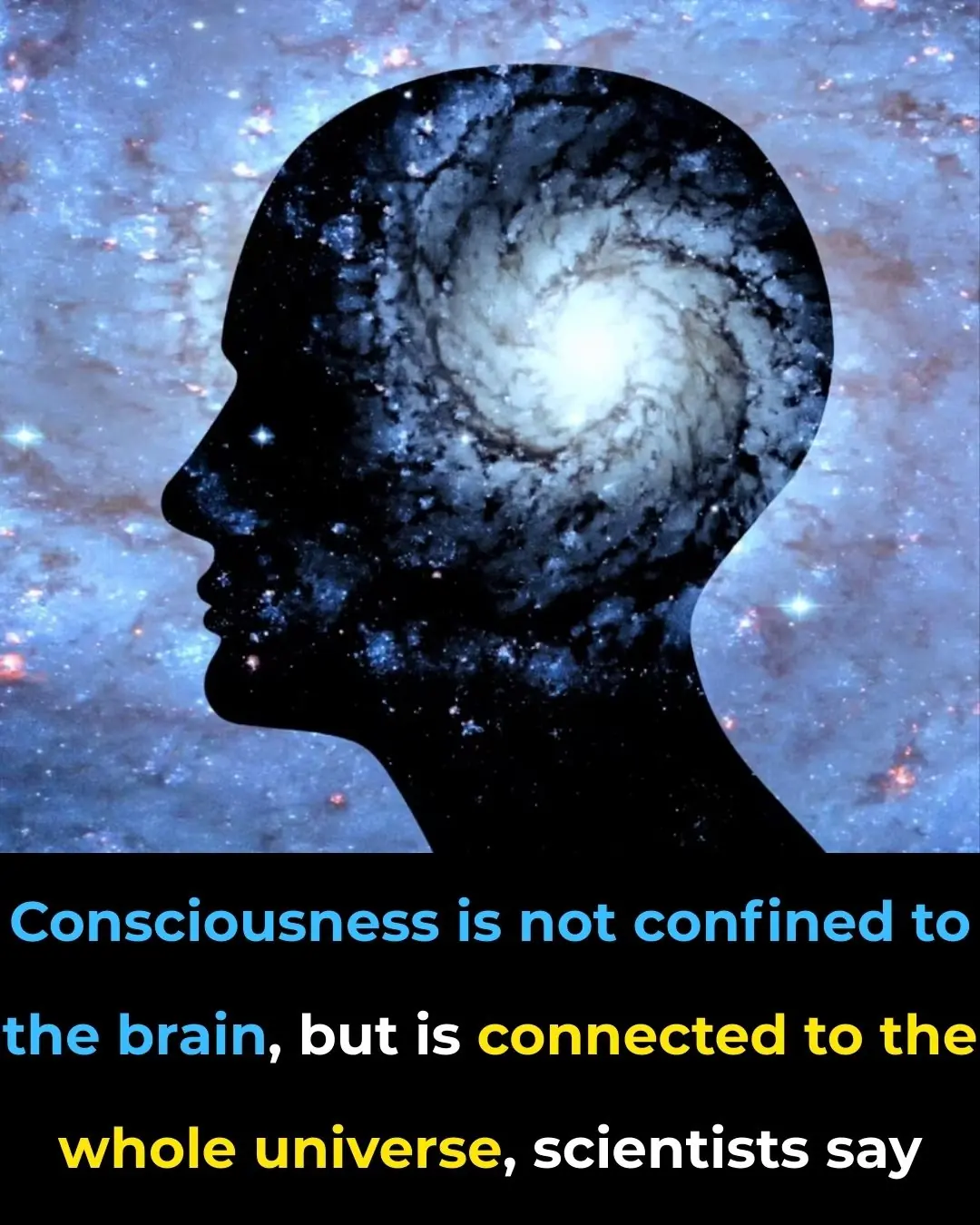
Consciousness Is Not Confined to the Brain, But Is Connected To The Whole Universe, Scientists Say

Study Finds People With ADHD Listen to Music Differently—Here’s How

Can I Get My Metabolism Back After Stopping Lexapro and Prozac?

8 Foods High in Inulin to Eat for Better Gut Health

Proven Health Benefits and Uses of Thyme and Thyme Tea

Proven Health Benefits of Walnuts, How Many to Eat, and More (Science Based)

How Can Europe Reduce Heat Deaths Amid Rising Temperatures?
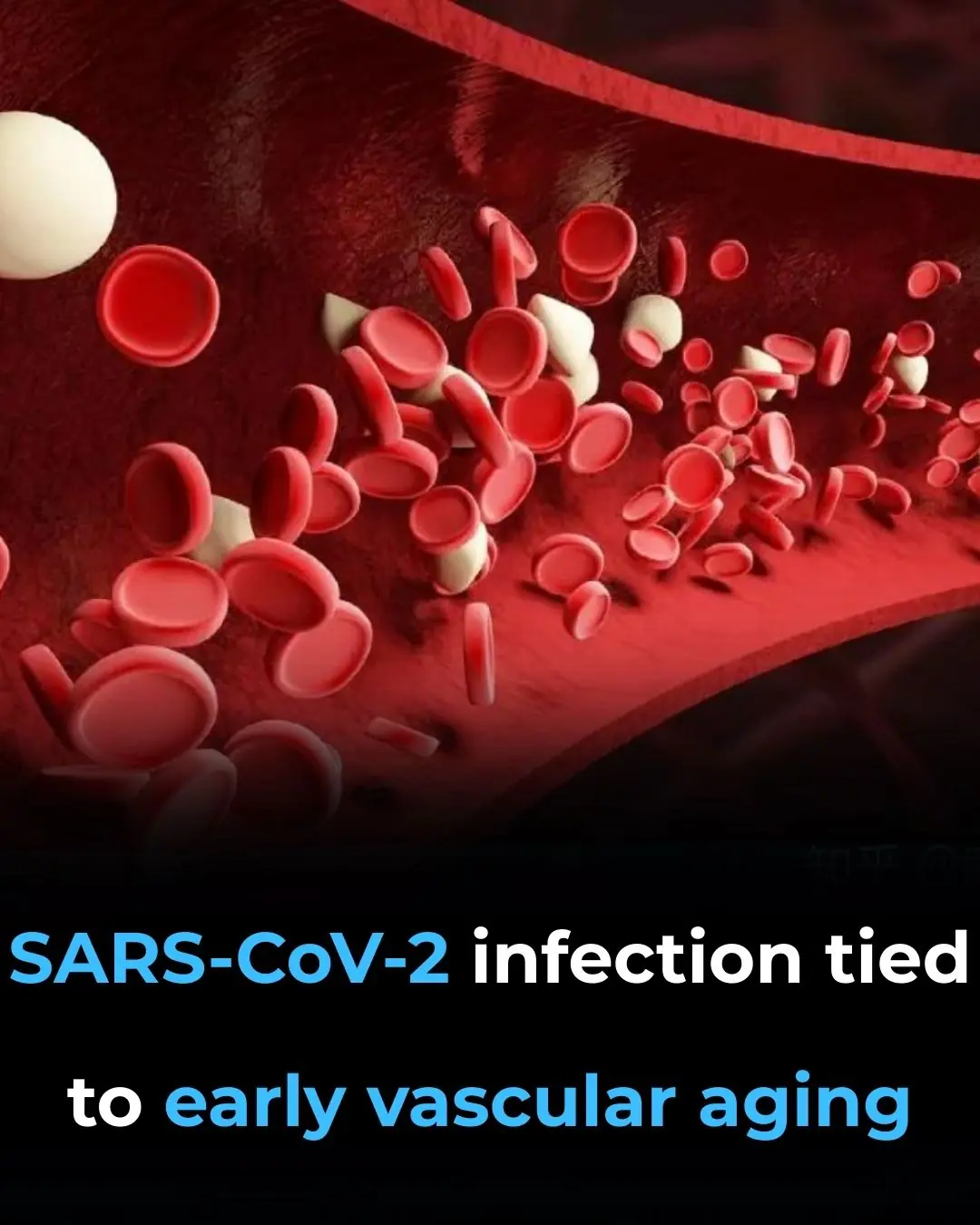
SARS-CoV-2 Infection Tied to Early Vascular Aging

These Foods Cause Insomnia
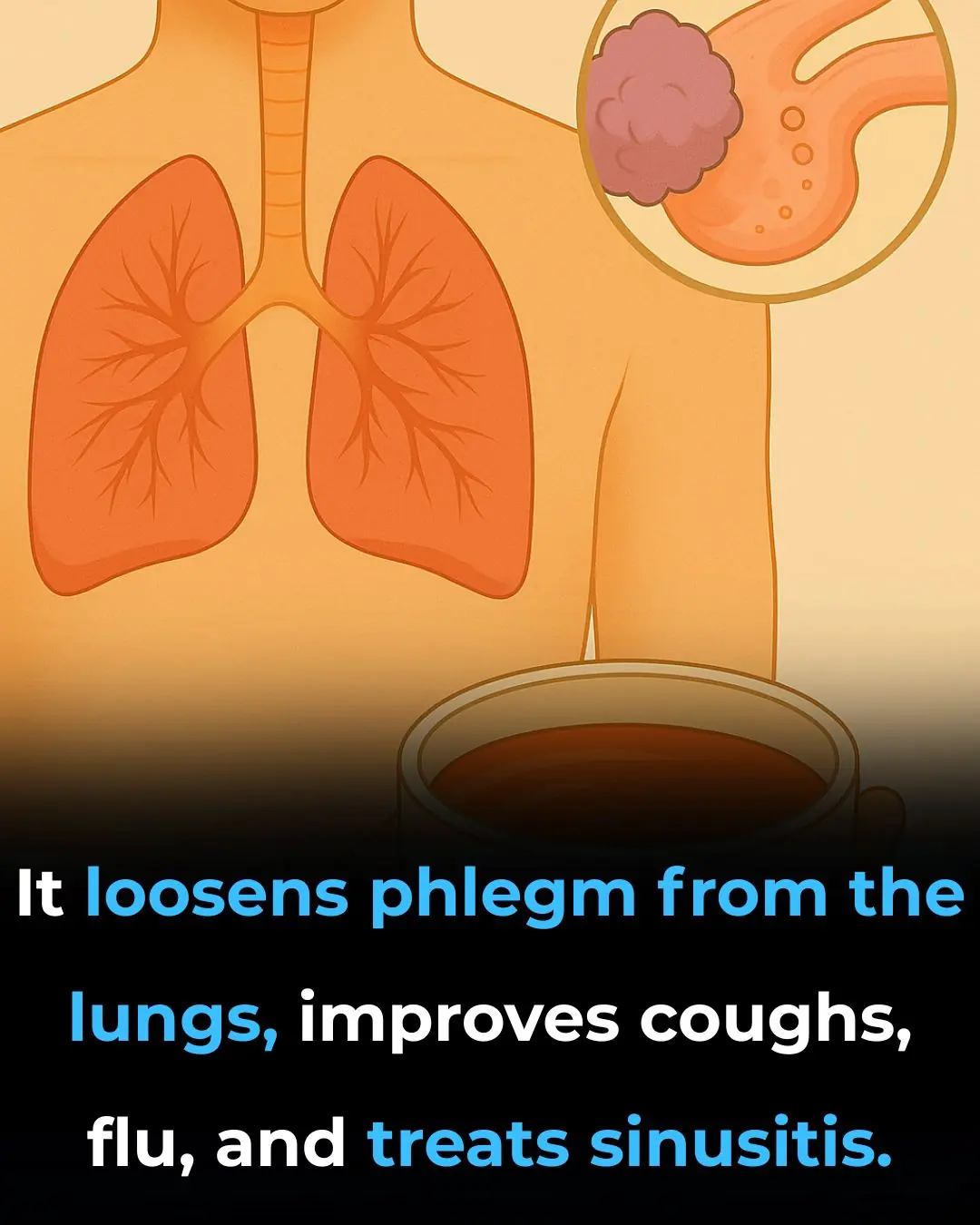
How To Get Rid of Phlegm And Mucus

Most people eat these 7 meats daily — here’s why you shouldn’t

1 herb being called a miracle for liver, blood sugar, and blood pressure

Dr. Nick Norwitz Eats Over 700 Eggs in a Month to See What Happens

Elon Musk unveils new AI project that could recreate Microsoft’s entire business operations

If Your Body Suddenly Jerks While Falling Asleep, This Is What It Means
News Post

White Tongue …What It Means and What You Can Do About It

Why Liver Cancer Is Often Detected Late – Important Warning Signs You Shouldn’t Ignore

Tips for Selecting High-Quality Eggs

If You See Someone with Prominent Green Veins, Make Sure to Tell Them This – It Could Save Their Life

How to Safely Remove Super Glue (502) from Your Skin Without Tearing It

The Mystery of the Milk Bottle Dent
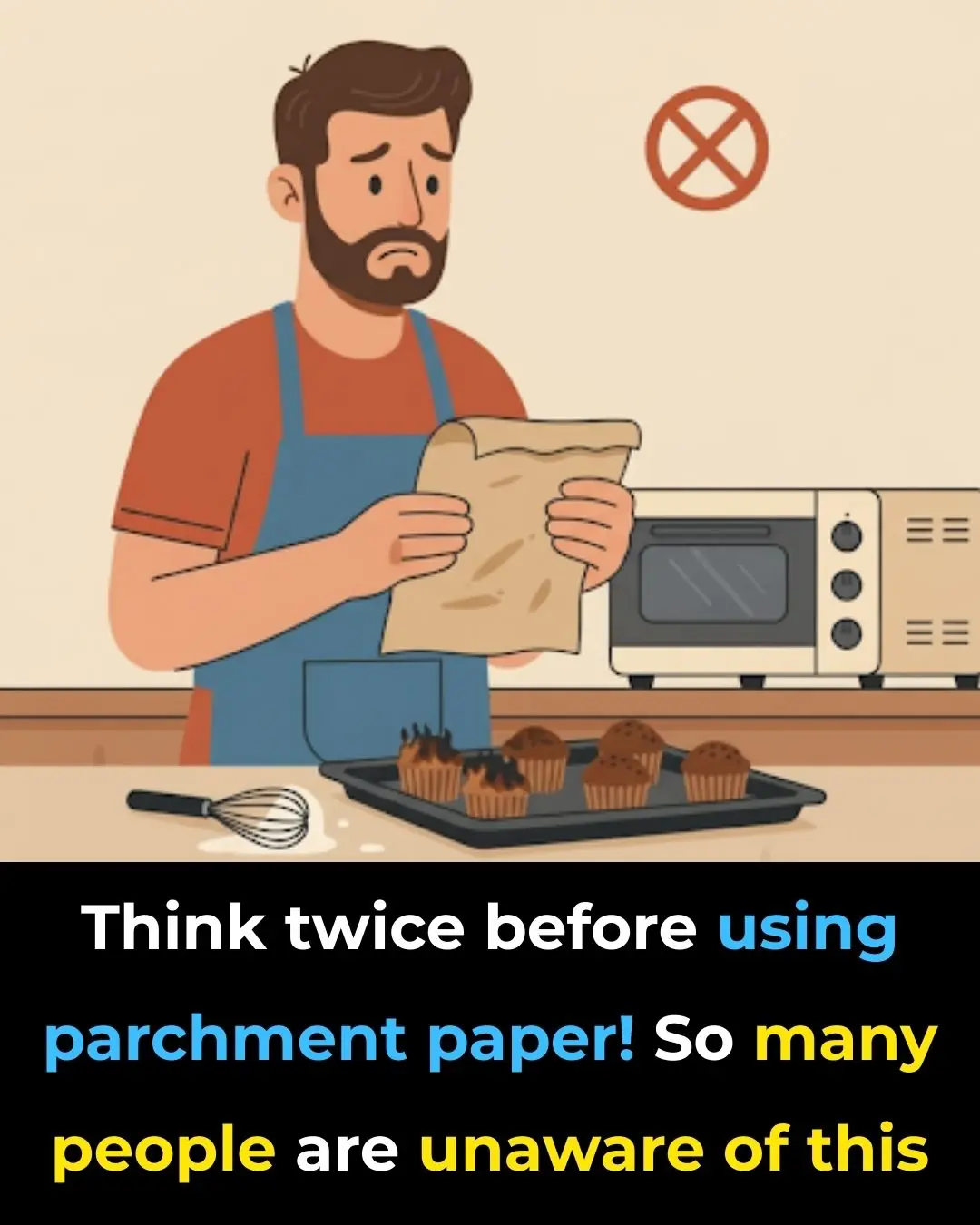
Think Twice Before Putting Parchment Paper in the Oven

3 Unusual Signs in the Neck That Could Be Symptoms of Cancer – Don’t Ignore Them!

Consciousness Is Not Confined to the Brain, But Is Connected To The Whole Universe, Scientists Say

Study Finds People With ADHD Listen to Music Differently—Here’s How

Dubai Princess Who Divorced Husband on Instagram Now Engaged to Rapper French Montana
In a twist that has stunned royal watchers and the entertainment world alike, Dubai’s Princess Sheikha Mahra—who publicly divorced her husband via Instagram—has reportedly become engaged to Moroccan-American rapper French Montana. The news comes jus

Military sleep method is 96% successful and will send you to sleep in two minutes
Struggling to sleep? A viral “military sleep method” promises to send you into slumber in just two minutes. With a 96% success rate, it’s being hailed as a game-changer for insomniacs and restless minds alike.

Exactly what happens to your body if you contract chikungunya virus as China enforces 'forceful pandemic measures
Just as the world is still grappling with the lingering effects of COVID-19, a new viral threat has emerged. China is now battling a fast-growing chikungunya outbreak, enforcing strict pandemic-style measures to contain the mosquito-borne disease.
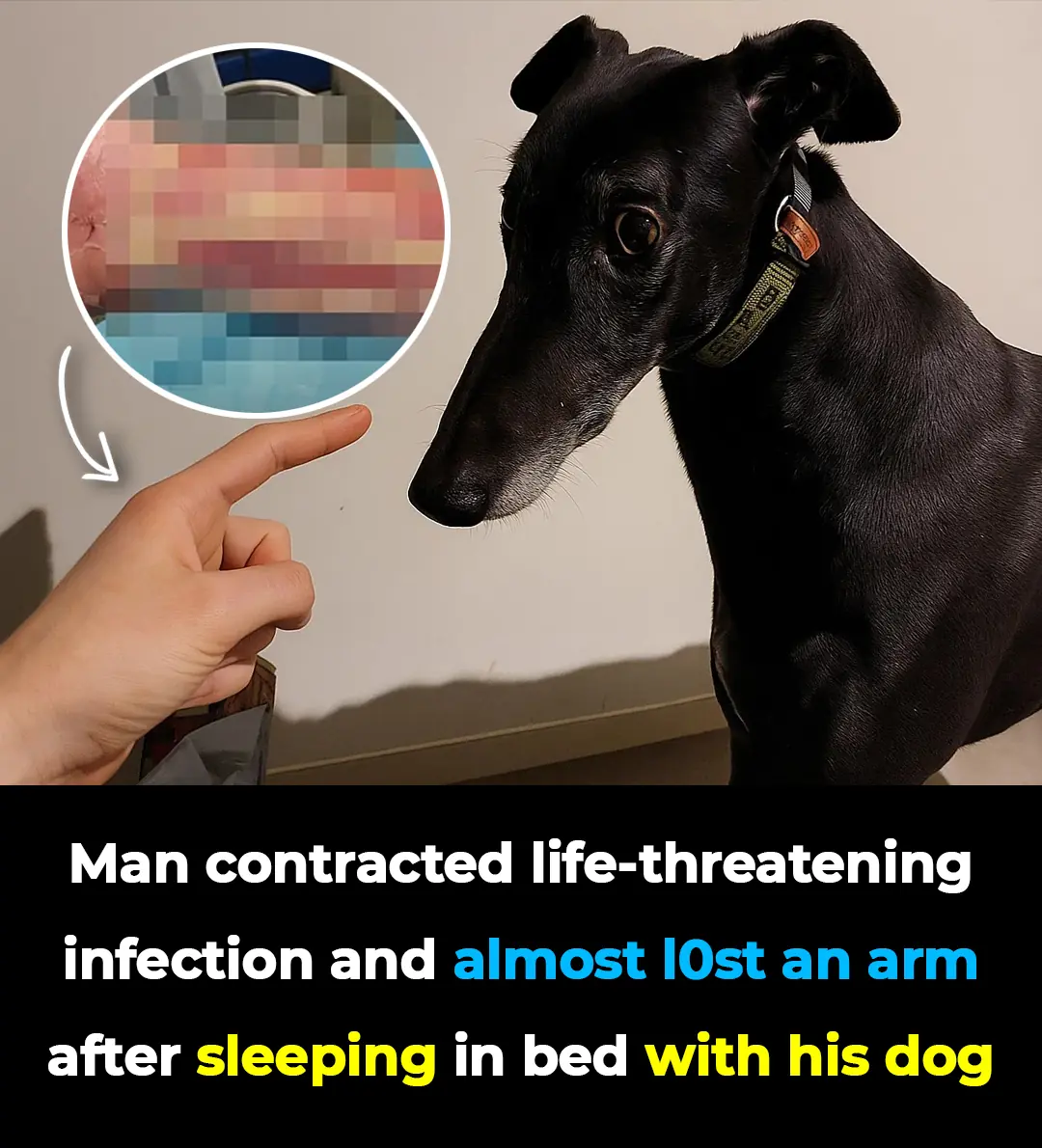
Man contracted life-threatening infection and almost lost an arm after sleeping in bed with his dog
What started as a harmless night sharing a bed with his pet turned into a nightmare. An Australian man contracted a rare, life-threatening bacterial infection after his dog accidentally bit him in his sleep, leaving him close to death and with lasting hea

Google issues warning to billions of Gmail users amid dangerous new scam
Billions of Gmail users are being warned of a dangerous new wave of cyberattacks. Google has confirmed that a notorious hacker group is actively exploiting a massive data breach to infiltrate accounts and extort victims.

Billionaire shares plan for $20 million sub voyage to Titanic site to prove industry is safer after OceanGate disaster
One year after the Titan sub disaster claimed five lives, a billionaire is betting $20 million on a daring new voyage to the Titanic wreck. His mission: prove to the world that deep-sea exploration can be safe.

Masterful Painting Of Jesus By 8-Year-Old—Says She Saw The True Face Of Jesus
At just eight years old, Akiane Kramarik stunned the world by painting what she believed was the true face of Jesus. After being lost, hidden, and nearly forgotten for 16 years, her masterpiece “Prince of Peace” has finally returned to the light—alo
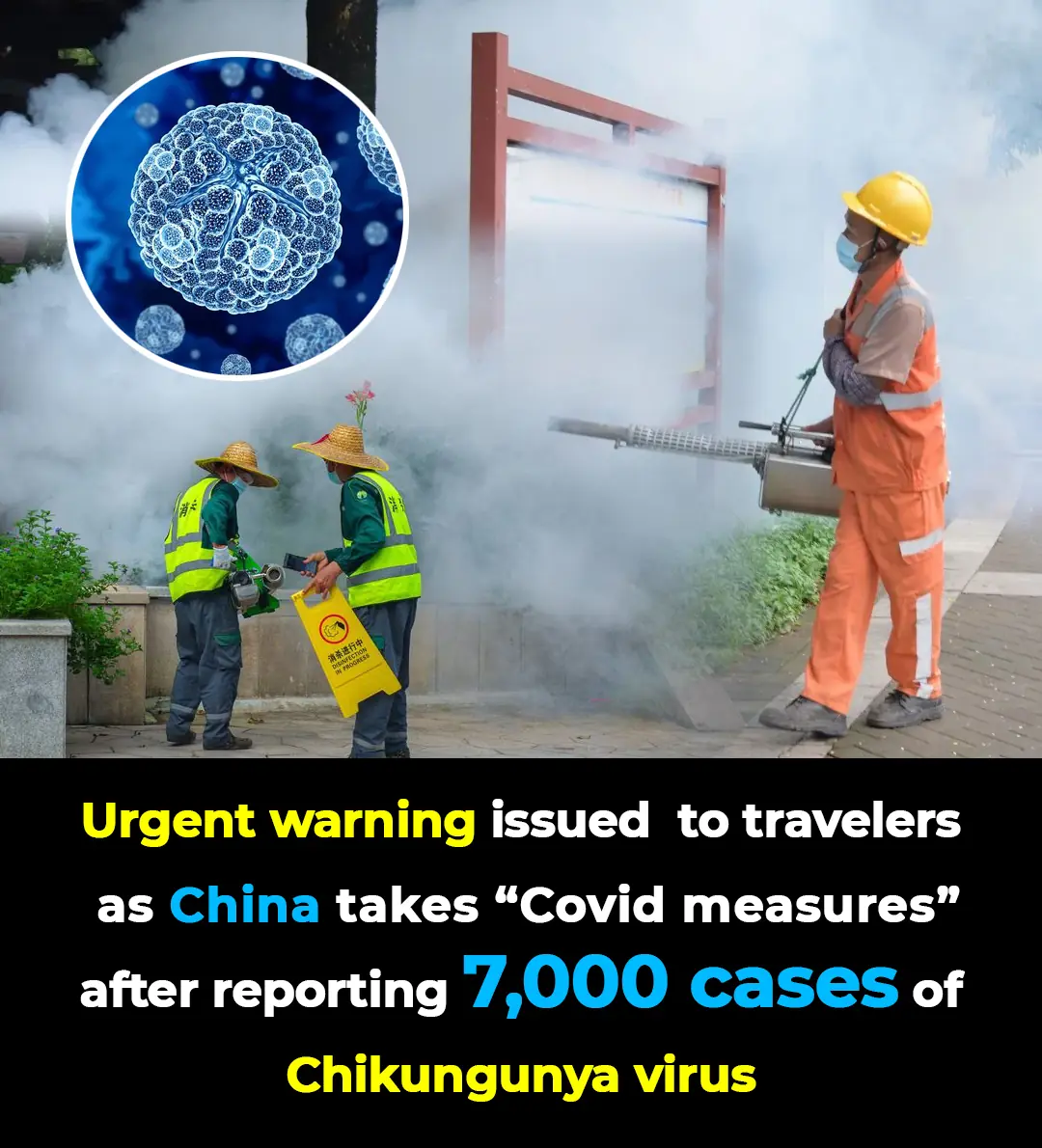
Urgent warning issued to travelers as China takes ‘covid measures’ after reporting 7,000 cases of Chikungunya virus
Following guidance from the World Health Organization, China is focusing on mosquito control as the most effective method to prevent further spread.

US man accidentally buys entire street for $5,000 after thinking he was purchasing vacant lot
An Ohio man thought he had struck a bargain at a county auction. But his dream investment quickly spiraled into a nightmare when he discovered he now owned an entire street by mistake.
